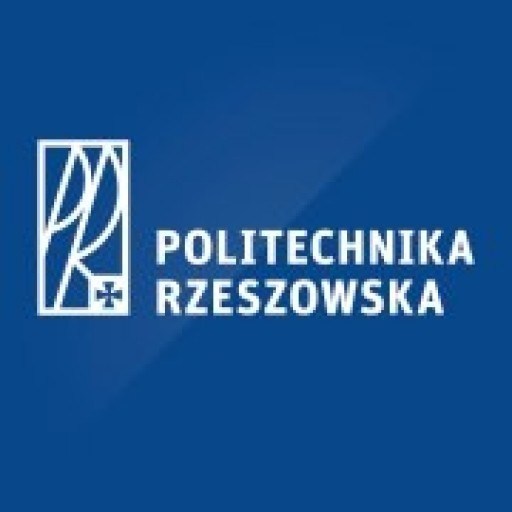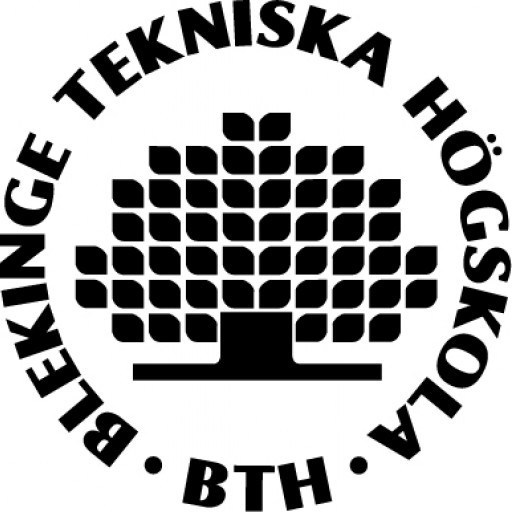Photos of university / #tudelft
The MSc programme in Telecommunications and Sensing Systems at Delft University of Technology is a cutting-edge master’s degree designed to equip students with advanced knowledge and practical skills in the fields of telecommunications, signal processing, sensing technologies, and wireless communication systems. This programme prepares graduates to address the rapidly evolving challenges in modern communication networks, Internet of Things (IoT), and sensing applications that are fundamental to many sectors including healthcare, transportation, energy, and manufacturing.
Throughout the programme, students delve into the core principles of electromagnetic theory, data transmission, digital signal processing, and wireless communication protocols. They gain hands-on experience with designing, analyzing, and implementing innovative communication systems that are robust, efficient, and adaptable to the changing technological landscape. The curriculum emphasizes a deep understanding of sensor technologies, data acquisition, and processing techniques, enabling students to develop intelligent sensing systems capable of environmental monitoring, medical diagnostics, and automation.
The programme adopts a multidisciplinary approach, combining electrical engineering, computer science, and applied physics, and is delivered through a blend of theoretical coursework, practical laboratory sessions, and industry-oriented projects. Students have opportunities to collaborate with high-tech companies and research institutes, fostering an innovative mindset and professional network. The curriculum covers emerging topics such as 5G and beyond wireless networks, IoT architectures, machine learning for signal processing, and sustainable communication solutions.
Graduates of this programme are well-prepared for careers in research and development, system design, and consultancy within the telecommunications industry, sensing technology sector, or related fields. They possess the analytical skills, technical expertise, and creativity necessary to develop resilient communication infrastructures and intelligent sensing solutions that can be employed across a diverse range of applications. Furthermore, students are encouraged to participate in international exchanges and internships, broadening their global perspective and enhancing their employability.
The MSc in Telecommunications and Sensing Systems is ideal for students passionate about technological innovation and eager to contribute to the development of future communication and sensing systems that will shape the way society interacts with the world around us. With a focus on practical relevance and scientific excellence, the programme aims to nurture talented engineers and researchers ready to tackle the complex technological challenges of tomorrow.
Telecommunications and Sensing Systems is a comprehensive master's program offered by Delft University of Technology designed to equip students with advanced knowledge and practical skills in the field of communication networks, sensing technologies, and embedded systems. The program focuses on the development, optimization, and application of innovative telecommunications infrastructures and sensing solutions that form the backbone of modern digital society. Students will explore a broad range of topics including wireless and optical communication systems, network security, signal processing, sensor design, and data analysis. The curriculum combines theoretical foundations with hands-on laboratory work and project-based learning, enabling students to apply their knowledge to real-world challenges. Emphasizing interdisciplinary cooperation, the program prepares graduates for careers in industry, research, and academia, where they can contribute to the development of next-generation communication and sensing solutions. Throughout the program, students will engage with cutting-edge technologies such as Internet of Things (IoT), 5G/6G networks, embedded systems design, and machine learning for signal processing. The program also includes opportunities for internships, international exchanges, and collaboration with leading industry partners, fostering a global perspective and professional network. Graduates of the Telecommunications and Sensing Systems program will be capable of designing and managing advanced communication infrastructures, developing innovative sensing devices, and implementing secure and efficient data transmission systems. The program aims to empower students to become innovators and problem-solvers in the rapidly evolving technological landscape, contributing to the advancement of smart cities, sustainable solutions, and digital transformation initiatives worldwide.
Other requirements
The Telecommunications and Sensing Systems Master's program at Delft University of Technology offers a range of financing options to support students throughout their studies. Scholarships are available through various channels, including Dutch government-funded scholarships, university-specific scholarships, and international bursaries. The Holland Scholarship is one prominent example, designed to attract talented students from outside the European Economic Area (EEA), providing a financial boost to help cover tuition fees and living expenses. Additionally, tuition fee discounts or waivers may be available for outstanding students or those who demonstrate exceptional need, depending on the applicant’s background and academic performance.
Students are encouraged to explore external funding opportunities such as Erasmus+ grants, which facilitate student exchanges within Europe and include financial support for selected programs. The Dutch government and other organizations also offer numerous scholarships for international students pursuing STEM fields, including telecommunications and sensing systems. Delft University of Technology provides guidance and support through its International Office to help students identify suitable funding sources and complete the application processes.
Part-time work opportunities are another option for financing studies, with students often able to work during the semester within the limits set by visa regulations for international students. The university's location in Delft offers access to a vibrant economy where part-time employment in related industries can supplement income. Furthermore, students are advised to consider savings, family contributions, and student loans specific to their home country or the Netherlands to support their financial needs.
In summary, students enrolled in the Telecommunications and Sensing Systems program at Delft University of Technology have access to a broad spectrum of financing options, including scholarships, grants, part-time work, and loans. The university proactively provides information, application assistance, and guidance to help students secure adequate funding, ensuring that financial constraints do not hinder their academic and professional development.
The Master's program in Telecommunications and Sensing Systems at Delft University of Technology is designed to prepare students for advanced roles in the rapidly evolving fields of communications, sensor technology, and signal processing. This program offers a comprehensive curriculum that combines theoretical foundations with practical applications, focusing on the design, analysis, and implementation of complex telecommunication systems and sensing technologies. Students gain in-depth knowledge of communication networks, wireless systems, signal processing algorithms, and the integration of sensors into various applications such as environmental monitoring, health care, and smart infrastructure. The program emphasizes innovation, problem-solving, and research skills, equipping graduates to tackle current and future challenges in the industry. The program is typically structured over two years, with a mix of coursework, research projects, and a master’s thesis. Students have opportunities to collaborate with industry partners and participate in cutting-edge research projects at the university’s laboratories and research centers. The program also fosters international perspectives, encouraging students from diverse backgrounds to contribute to technological advancements. Graduates of this program are well-prepared for careers in academia, industry, and research institutions, working on developing next-generation wireless communication systems, sensor networks, and integrated sensing and communication solutions. The language of instruction is English, and the program adheres to high academic standards consistent with Delft University of Technology’s reputation for engineering excellence.






